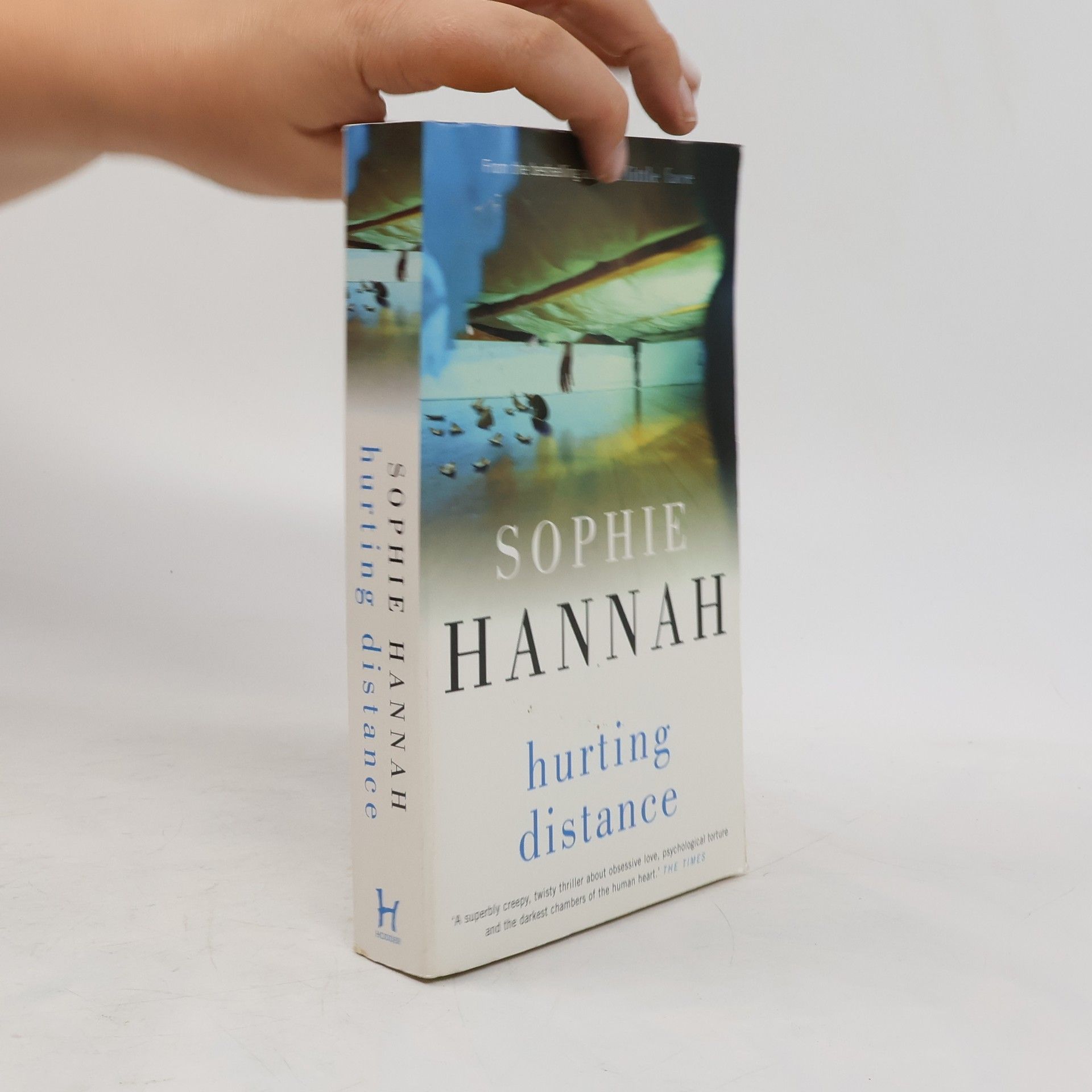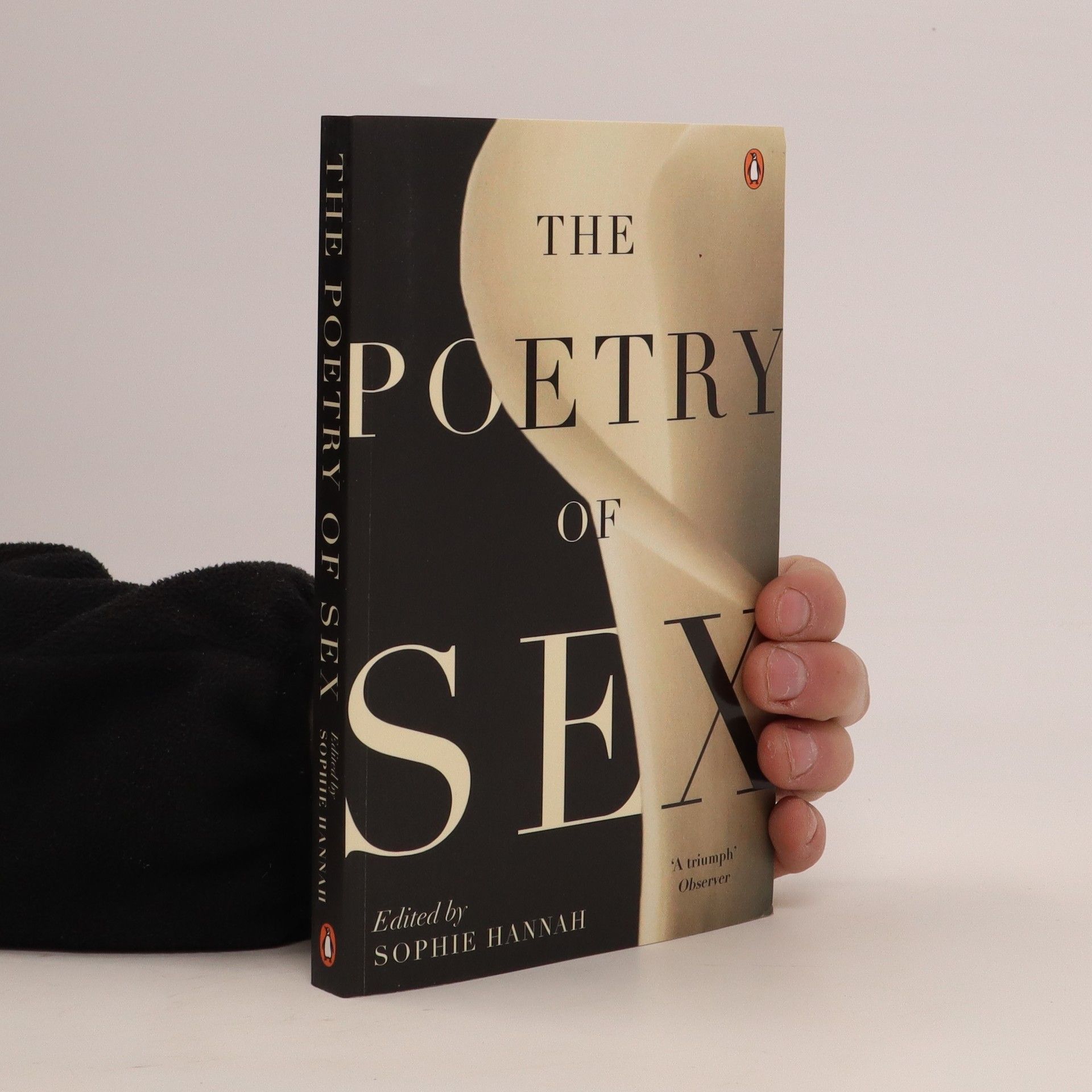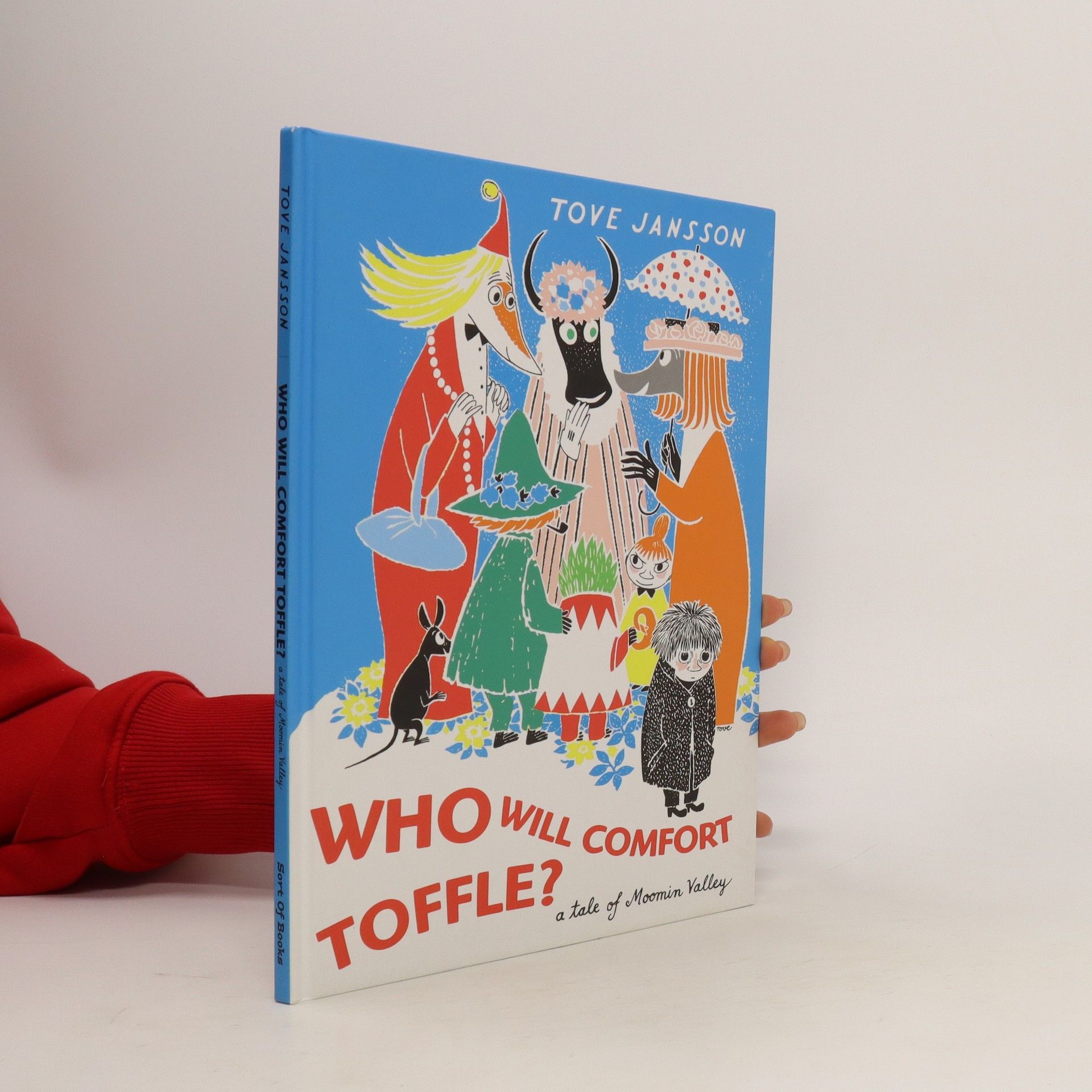Ataúd cerrado
- 368 páginas
- 13 horas de lectura
Sophie Hannah es una autora internacionalmente reconocida por su ficción de crimen psicológico. Sus narrativas se sumergen profundamente en las complejidades de la mente humana, tejiendo tramas intrincadas que atrapan a los lectores con suspense. Hannah explora magistralmente los aspectos más oscuros de la naturaleza humana, consolidando su reputación como una voz destacada en la ficción criminal contemporánea.







Cuando Nicki Clements se encuentra atrapada en un atasco, en medio de todos los coches ve un rostro que creía que no volvería a ver. Se trata, definitivamente, de él, el mismo agente de policía, parando ahora a cada uno de los vehículos en Elmhirst Road. Presa del pánico, Nicki hará una peligrosa maniobra con el coche con tal de evitar encontrarse con él. O eso es lo que ella cree. Al día siguiente, Nicki será interrogada en relación al asesinato de Damon Blundy, un polémico columnista que reside en las inmediaciones de Elmhirst Road. Nicki no puede responder a ninguna de las preguntas que le hacen los detectives. Y tampoco podrá contar por qué ese día salió a toda prisa evitando pasar por Elmhirst Road, ya que para ello debería evelar un secreto que le podría arruinar la vida. Porque, a pesar de no ser culpable de asesinato, Nicki está lejos de ser inocente ...
En el centenario de su creación, vuelve Hércules Poirot, el detective más famoso y brillante de la historia de la novela negra, que ha conquistado a más de 2 billones de lectores. Irlanda, 1929. Lady Athelinda Playford, una reconocida escritora de novelas de detectives para niños, ha invitado a varias personas a pasar una semana con ella en Lillieoak, su casa de campo. Además de su hijo y su hija con sus respectivas parejas, su secretario personal y la enfermera de éste, también dos abogados, Gathercole y Rolfe, han sido citados, así como los detectives de Scotland Yard, Hércules Poirot y Edward Catchpool. Nadie conoce el motivo a semejante invitación. Sin embargo, el misterio es rápidamente desvelado: Athie anuncia que los herederos de toda su fortuna no serán sus hijos sino Joseph, su secretario, aquejado de una enfermedad terminal. ¿Qué razón ha impulsado a Athie a dejarle todo su dinero a alguien que no es de su familia? Pero todos los invitados deberán hacer frente a otra fatídica sorpresa: uno de ellos ha sido asesinado. ¿Quién y por qué ha cometido el crimen? El misterio está servido. ¿Será capaz el peculiar Hércules Poirot de desvelarlo?
Lonely and frightened Toffle remains unnoticed and alone in the world until he finds a frightened girl who needs comforting.
The second stunning thriller from queen of psychological crime, Sophie Hannah, perfect for fans of Clare Mackintosh and Paula Hawkins. 'Superbly creepy' Guardian 'Rivetingly original' Sunday Times Sometimes love must kill before it can die. Three years ago, something terrible happened to Naomi Jenkins - so terrible that she never told anybody. Now Naomi has another secret - the man she has fallen passionately in love with, unhappily married Robert Haworth. When Robert vanishes without trace, Naomi knows he must have come to harm. But the police are less convinced, particularly when Robert's wife insists he is not missing. In desperation, Naomi has a crazy idea. If she can't persuade the police that Robert is in danger, perhaps she can convince them that he is a danger to others. Then they will have to look for him - urgently. Naomi knows how to describe in detail the actions of a psychopath. All she needs to do is dig up her own troubled past . . .
The world's most beloved detective, Hercule Poirot, the legendary star of Agatha Christie's Murder on the Orient Express and most recently The Monogram Murders and Closed Casket, returns in a stylish, diabolically clever mystery set in the London of 1930. Hercule Poirot returns home after an agreeable luncheon to find an angry woman waiting to berate him outside his front door. Her name is Sylvia Rule, and she demands to know why Poirot has accused her of the murder of Barnabas Pandy, a man she has neither heard of nor ever met. She is furious to be so accused, and deeply shocked. Poirot is equally shocked, because he too has never heard of any Barnabas Pandy, and he certainly did not send the letter in question. He cannot convince Sylvia Rule of his innocence, however, and she marches away in a rage. Shaken, Poirot goes inside, only to find that he has a visitor waiting for him -- a man called John McCrodden who also claims also to have received a letter from Poirot that morning, accusing him of the murder of Barnabas Pandy... Poirot wonders how many more letters of this sort have been sent in his name. Who sent them, and why? More importantly, who is Barnabas Pandy, is he dead, and, if so, was he murdered? And can Poirot find out the answers without putting more lives in danger?
A TIME must-read book of 2019 'Hannah is excellent on how to embrace our grudges, nurture them and use them to become a better person' Grazia What if grudges are not just good for us but great? How often have you held a grudge and felt guilty about it? 'Forgive and move on' is the received wisdom, and that's what many of us try to do. Positive thinking is essential for a happy life, but how we get to that positive is even more crucial. What if grudges can ward off danger, and help us live better lives? What if they can act as stepping stones, pointing us in the right direction? This ultimate guide will give you all the tools you need to analyse, process and embrace your grudges in order to be your best possible self. ** How to Hold a Grudge - The Podcast now available for download! Check out Grudge of the Week, and discover the latest Grudge Music **
Exploring themes of identity and self-discovery, the narrative delves into the protagonist's journey to uncover hidden truths about themselves. As they confront past experiences and relationships, unexpected revelations challenge their understanding of who they are. The story invites readers to reflect on the complexities of personal identity and the impact of external perceptions, ultimately leading to a transformative journey of acceptance and growth.
It's 1.15 a.m. Connie Bowskill should be asleep. Instead, she's logging on to a property website in search of a particular house: 11 Bentley Grove, Cambridge. She knows it's for sale; she saw the estate agent's board in the front garden less than six hours ago. Soon Connie is clicking on the 'Virtual Tour' button, keen to see the inside of 11 Bentley Grove and put her mind at rest once and for all. She finds herself looking at a scene from a nightmare: in the living room, in the middle of the carpet, there's a woman lying face down in a huge pool of blood. In shock, Connie wakes her husband Kit. But when Kit sits down at the computer to take a look, he sees no dead body, only a pristine beige carpet in a perfectly ordinary room . . .